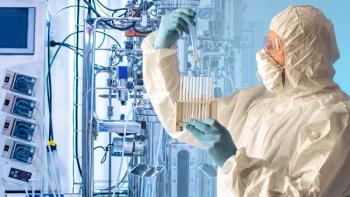
The growing use of automation and digitalization technologies push cell culture bioprocessing forward.

The growing use of automation and digitalization technologies push cell culture bioprocessing forward.

Lighthouse manufacturing techniques utilize technology and automation to streamline production.

Fosun Pharma and Insilico Medicine will collaborate on AI-driven drug discovery and development of product candidates targeting multiple disease targets.

Modeling techniques can improve process control and monitoring in biopharmaceutical production.

Upstream processing is better optimized with the help of automated workflows.

Qualified algorithms enable validation of machine learning models that can be used for process optimization.

Fully automated enzyme analysis can ease a persistent bottleneck in biocatalyst development for bio/pharmaceutical applications.
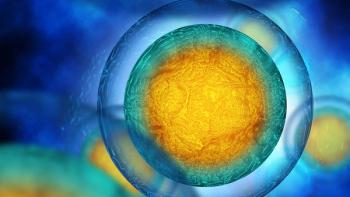
Timing is everything, and it might be ideal for acceleration of real-time monitoring solutions.
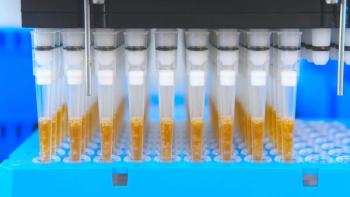
Glycosylation monitoring has been heavily dependent on manual processes, but the automation of sample preparation streamlines the overall workflow.

Synthace has raised $35 million in funding to fuel growth of its life sciences R&D technology.

GenScript’s new gene synthesis center in Piscataway, NJ, is highly automated to accelerate production time and increase supply chain resiliency for biopharma and synthetic biology.

The adoption of perfusion cell culture continues to advance with the help of PAT tools.

Early control architecture decisions can impact a facility’s long-term growth, flexibility, and efficiency.
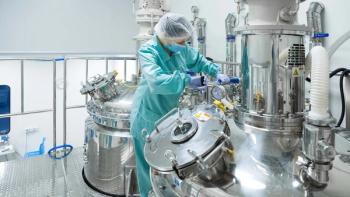
Advancements in bioprocessing technologies test microbial fermentation adaptability.
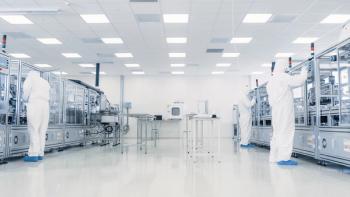
The industry considers applying automation and digitalization lessons learned during the COVID-19 pandemic to enhance workflows.

Mechanistic models provide process understanding for developing robust manufacturing processes and for scale up and tech transfer.

Models of biopharmaceutical processes can be used for speeding development and improving process control.

Eli Lilly and Company and industry partners, including Ziath, are focused on speeding up the drug discovery process with a fully automated lab.

Lonza and Sheba Medical Center have successfully dosed four patients with a CD19 autologous CAR-T cell therapy using Lonza’s Cocoon automated manufacturing platform.

SP Scientific Products’ SP Hull LyoStar 4.0 R&D freeze dryer supports rapid freeze-dry cycle development, optimization, and process scale-up.

Horiba has joined a consortium aimed at accelerating the development of process analytical technologies for cell and gene therapy manufacturing

Optima has teamed up with the Robert-Bosch-Krankenhaus and Heidelberg University to develop a unit for decentralized, automated production of CAR-T cell therapies.

The CGT Catapult has formed a consortium aimed at advancing the technology development and lowering costs of cell and gene therapy manufacturing.

The Module Type Package standard is now supported in Emerson’s DCS and PLCs.

Digitalization of bioprocessing operations, equipment, and facilities can improve workflow and output, but maintaining data integrity is a concern.